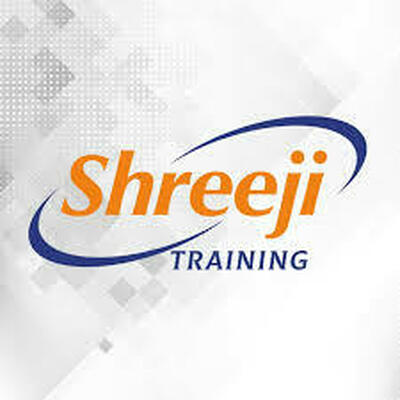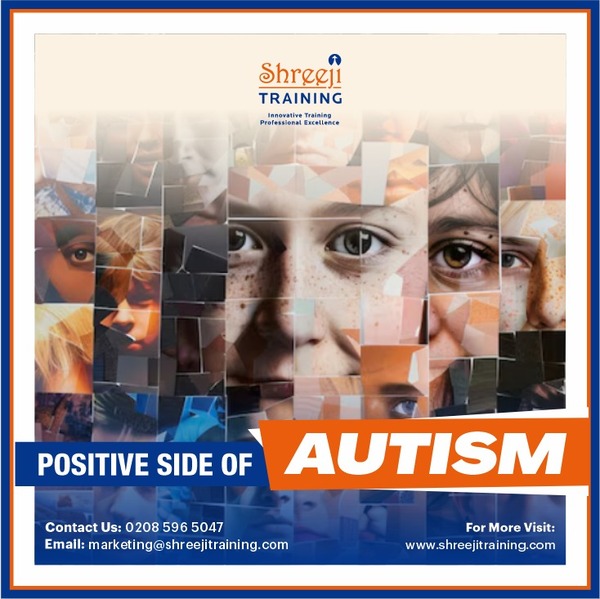Notifications
ALL BUSINESS
COMIDA
DIRECTORIES
ENTERTAINMENT
FINER THINGS
HEALTH
MARKETPLACE
MEMBER's ONLY
MONEY MATTER$
MOTIVATIONAL
NEWS & WEATHER
TECHNOLOGIA
TV NETWORKS
VIDEOS
VOTE USA 2026/2028
INVESTOR RELATIONS
COMING 2026 / 2027
ALL BUSINESS
COMIDA
DIRECTORIES
ENTERTAINMENT
FINER THINGS
HEALTH
MARKETPLACE
MEMBER's ONLY
MONEY MATTER$
MOTIVATIONAL
NEWS & WEATHER
TECHNOLOGIA
TV NETWORKS
VIDEOS
VOTE USA 2026/2028
INVESTOR RELATIONS
COMING 2026 / 2027
About Me
 Shreeji Training
Shreeji Training Care Training Courses Essex UK: Shreeji is a leading provider of health and social care training courses , we are your experts when it comes to Training, Diplomas, and Short Courses
Shreeji Training Apr 21 286 views 0 Comments 0 Likes 0 Reviews blood glucose training Blood Glucose Monitoring Training

In a world where diabetes is no longer a rarity but a daily reality for millions, the ability to monitor blood glucose accurately isn't just a clinical skill—it's a lifeline. For healthcare assistants, support workers, and nurses on the front lines, Blood Glucose Monitoring Training is becoming more than just a “nice to have”—it's an essential competency.
But the question many ask before signing up is: Is blood glucose monitoring training really worth it? To answer this, we talked to care professionals, reviewed current data, and explored how this training influences both patient outcomes and professional development. The result? A deeper understanding of why this course might be one of the most powerful tools in a caregiver’s skillset.
The Growing Need for Glucose Monitoring in Care Settings
Let’s start with the big picture.
According to the International Diabetes Federation, over 537 million adults are living with diabetes worldwide—and this number is projected to rise to 643 million by 2030. In the UK alone, more than 4.3 million people have been diagnosed, with hundreds of thousands more undiagnosed.
In residential care homes, community settings, and hospitals, diabetes management has become a core part of everyday care routines. With rising demand comes greater responsibility. And while doctors and diabetes specialists oversee long-term treatment, it’s often frontline care staff who are tasked with daily blood glucose checks, managing hypoglycemia, recognising warning signs, and more.
This is where blood glucose training comes in—not just as a technical course, but as a confidence-builder and safety net.
What Does Blood Glucose Monitoring Training Cover?
At its core, the training is designed to provide the knowledge, hands-on skills, and clinical reasoning needed to perform capillary blood glucose checks safely and effectively. But it’s more than just pricking a finger and reading a number.
Here’s what comprehensive training, like the one offered at Shreeji Training, typically includes:
Understanding the physiology of blood sugar levels and insulin function
Identifying symptoms of hypoglycemia and hyperglycemia
Correct use of a glucometer and managing quality control
Infection prevention and sharps safety
Recognising and responding to abnormal results
Recording, reporting, and escalating concerns appropriately
By the end of the course, learners don’t just know how to test—they understand why their actions matter. This level of insight helps bridge the gap between task-based care and holistic clinical support.
Frontline Voices: What Professionals Are Saying
We spoke to several care professionals who completed the course and are now applying it in the field. Here’s what they had to say:
Chloe M., a healthcare assistant in a dementia care facility, shared how training helped her feel more confident when supporting diabetic residents.
“Before the training, I’d just follow instructions. Now I understand what the readings mean, when to escalate, and how to keep my residents safe. My manager even noticed I was more proactive.”
Harish P., a community support worker, echoed that sentiment:
“The course helped me recognise when a service user was acting off—and sure enough, their sugar was crashing. If I hadn’t been trained, I might’ve brushed it off. Now I know better.”
These testimonials underline an important point: glucometer training equips caregivers to notice subtle cues, not just follow a checklist.
Clinical Accuracy and Legal Accountability
Mistakes in blood glucose monitoring can have serious consequences. A missed hypoglycemic episode, a contaminated testing device, or incorrect documentation can all lead to harm—and in some cases, legal liability.
A trained caregiver can mitigate these risks. For instance:
Understanding error margins: Not all glucometers are the same. Training teaches you how to interpret results within safe parameters.
Following infection control: Reusing lancets or failing to clean equipment properly increases infection risks.
Knowing your limits: Training includes understanding when to call for help and escalate.
By equipping yourself with Blood Glucose Monitoring Training, you're also protecting yourself professionally.
How It Enhances Career Prospects
Let’s be honest: in today’s competitive care industry, upskilling can be the difference between a stagnant role and a promotion.
Adding this competency to your CV:
Demonstrates initiative and a commitment to patient safety
Makes you eligible for more advanced clinical roles
Shows readiness for NHS or CQC-inspected settings
Opens doors to related specialisations like Wound Care and Dressing Training or Complete Phlebotomy Training
Employers increasingly expect care staff to have multi-disciplinary skills. With diabetes being so prevalent, this training is seen not as a luxury but a core requirement in many settings.
Case Study: Preventing a Hypoglycemic Crisis in the Field
Consider this real-life scenario:
Raj, a newly trained care assistant, noticed that one of his clients—a 78-year-old with Type 2 diabetes—seemed disoriented during his usual morning visit. Before training, Raj might’ve assumed it was age-related confusion. Instead, he decided to check her blood glucose level using the skills learned in his course.
The reading showed 2.9 mmol/L—dangerously low.
Raj acted fast. He administered a glucose gel, monitored her closely, and contacted emergency services. The paramedics confirmed that Raj’s timely intervention likely prevented a diabetic coma.
This isn’t a dramatic anecdote—it’s the daily reality of informed care. Training transforms routine workers into proactive lifesavers.
How Long Does the Training Take—and Is It Hard?
Most reputable courses, such as the one by Shreeji Training, are designed to be completed in a single day. They include both theoretical and practical components and are delivered by qualified clinical tutors.
Don’t worry if you’re not from a medical background—the course is tailored for healthcare support workers, not doctors. It’s clear, interactive, and approachable.
You’ll leave not only with a certificate, but with the confidence to act decisively in real scenarios.
Can This Training Complement Other Courses?
Absolutely. In fact, blood glucose monitoring pairs exceptionally well with other core health courses, especially for those pursuing a career in more advanced clinical support.
Some popular pairings include:
Complete Phlebotomy Training – for those wanting to learn blood collection techniques.
Wound Care and Dressing Training – since diabetes patients are at higher risk of ulcers and skin breakdown.
Anaphylaxis & Epi-Pen Training Course – builds emergency response skills that are crucial in both hypo- and hyperglycemic events.
Together, these courses create a well-rounded caregiver ready to meet the complex needs of today’s patients.
Who Should Take This Training?
If you're in any of the following roles, blood glucose monitoring training is for you:
Healthcare assistants (HCAs)
Support workers in community or residential settings
Domiciliary care workers
Nursing associates or pre-nursing students
School care staff for diabetic children
Anyone working in complex care settings
Even informal carers (like family members of diabetic patients) can benefit from the knowledge—though they might need to find a non-clinical version of the course.
Final Verdict: Is It Worth It?
In a word: Absolutely.
When you combine the practical knowledge, professional credibility, and potential for lifesaving action, blood glucose training offers one of the highest returns on investment for care professionals today.
It’s not just about reading numbers—it’s about understanding your patient’s physiology, knowing when to act, and having the confidence to intervene early.
In the evolving landscape of healthcare, being trained in blood glucose monitoring isn’t optional. It’s a standard of excellence—and a badge of trust.
Take the First Step Today
If you’re ready to take control of your learning and elevate your clinical skills, we highly recommend exploring Blood Glucose Monitoring Training.
This could be the first step toward a more competent, confident, and impactful career in care.
Because when you understand blood sugar, you don’t just serve meals, wash clothes, or give companionship—you save lives.

Comments